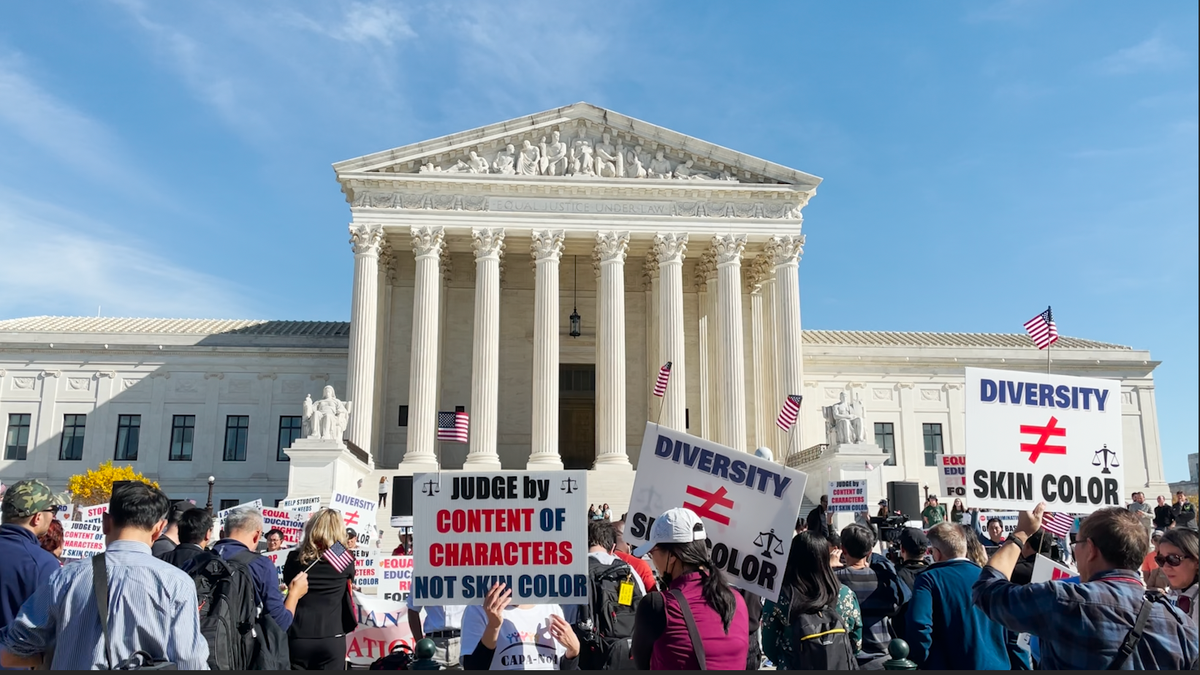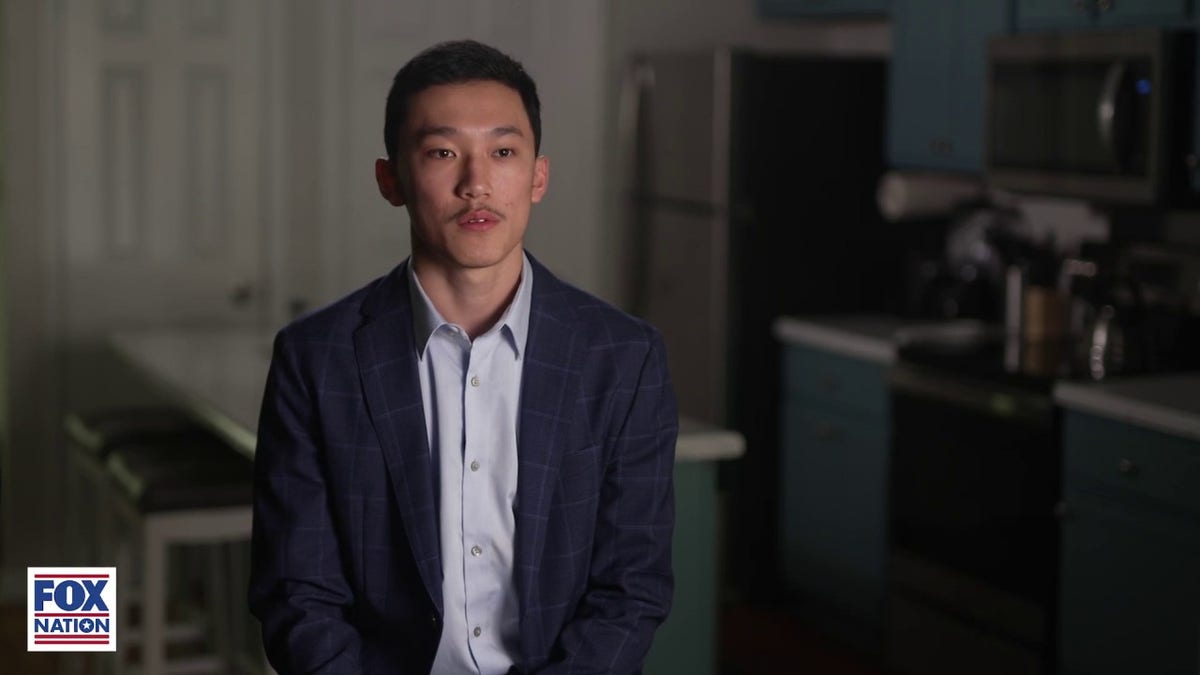Hillsdale professor predicts victory for students in affirmative action case, savages American colleges
Wilfred McClay, a professor of history at Hillsdale College in Michigan, predicted that the Supreme Court would overturn affirmative action in an interview.
EXCLUSIVE – Hillsdale Professor Wilfred McClay predicted the Supreme Court would deliver a victory to students petitioning for fairness in college admissions but delivered a warning to America in an interview with Fox News Digital.
The Supreme Court is expected to rule on affirmative action in the coming weeks in what will likely be a watershed moment for colleges that have used race as a partial basis for admissions for decades. The two cases on affirmative action were brought by Students for Fair Admissions (SFFA) against Harvard University and the University of North Carolina.
"All signs are the court is going to strike it down," McClay said. "Or inhibit affirmative action in a very serious way."

Hillsdale Prof. Wilfred McClay predicted that the Supreme Court would deliver a victory to students petitioning for fair college admissions in landmark affirmative action cases. (Courtesy of Prof. Wilfred McClay)
"[The Supreme Court’s] going to find fault in the practices of Harvard, and it will ripple out," McClay said, but he explained that colleges across the country may still find ways to defy the ruling of the court.
"I think the mood of the colleges," the professor said, is "defiance." As a result, they will "blatantly find ways of working around the strictures of the ruling."
The professor continued, "[t]hey will still be able to sneak in the kind of quotas they want to establish."
McClay added a friend has predicted that "something like the massive resistance that came in the south after the Brown v. Board of Education decision, which made the separate but equal racial segregation in public schools illegal" could follow the Supreme Court's pending decision on affirmative action.
Some southern states, he explained, "responded with this campaign of massive resistance. I think it won't go by that name, but I think there will be a lot of resistance" to the decision, McClay said. If affirmative action is struck down, one primary tool that colleges will use to institute equity, the professor argued, is by pivoting away from standardized tests like the SAT.
ASIAN-AMERICAN STUDENT WITH 1590 SAT SCORE REJECTED BY 6 ELITE COLLEGES, BLAMES AFFIRMATIVE ACTION
"That's madness," McClay said. What those colleges really want, he continued, is to build "a completely arbitrary system where they'll be able to select all the students from particular categories, minority students that they want because there will be no standard of merit to stop them or to point them in another direction."

"[The Supreme Court’s] going to find fault in the practices of Harvard and it will ripple out," McClay said, but he explained that colleges may still find ways to defy the ruling of the court. (Fox News Digital)
"Many schools are not even attempting to hide that they discriminate against students," McClay said. "As it is, a lot of these schools are very proud of the fact that they have students who I think are almost always, in fact Asian, who have perfect SAT [scores] and they're rejected. This is very strange."
"I'm not the world's biggest fan of standardized tests," McClay said, "but they do measure something. They're not nothing."
One Asian-American student, Jon Wang, spoke against affirmative action policies that discriminate on the basis of race in a recent interview on Fox Nation.
Wang, an 18-year-old from Florida, scored a 1590 out of 1600 on the SAT, with a perfect score on the math section. He also finished out his high-school career with a 4.65 high school GPA. Despite his impressive academic record, he was rejected by six elite colleges: MIT, CalTech, Princeton, Harvard, Carnegie-Mellon and U.C. Berkeley.
McClay also said that one of the most "terrifying questions" concerning American education is competition with China.
"My outlook is bleak," he said, because America needs "to have top-notch scientists, engineers and mathematicians" if it wants to compete on the world stage.

Asian-American student Jon Wang says he is speaking out against affirmative action policies that discriminate against his race. (Fox Nation/The Diversity Verdict)
SIX OF THE MOST ANTICIPATED SUPREME COURT CASES WE COULD GET DECISIONS ON BY JULY 4
But the higher-education establishment in America "seems to be [going in the] opposite direction," McClay said, with diversity, equity and inclusion as their mantra. "You can say over and over again, ‘diversity is our strength,’ but that doesn't make it true. It doesn't even make it a meaningful statement. Does diversity mean having an eight-year-old calculus whiz in class with 19-year-olds who can't add and subtract? I mean, that's diversity, but that's not the diversity you want."
"But they're already lining up to say, ‘we're not going to stop,'" McClay said of the U.S. college establishment. 'We're going to find ways to engage in affirmative action for minorities, for underrepresented minorities,'" which is not Asian-Americans at Harvard and MIT.
Schools should demand exellence above all else, he argued, or China would continue to win in the education race.
CLICK HERE TO GET THE FOX NEWS APP
"They understand that education is important," McClay said, speaking of the Chinese government. "They understand [that] we're not serious anymore about education. We see educational institutions as ladders of social mobility, but not much of anything else."








































